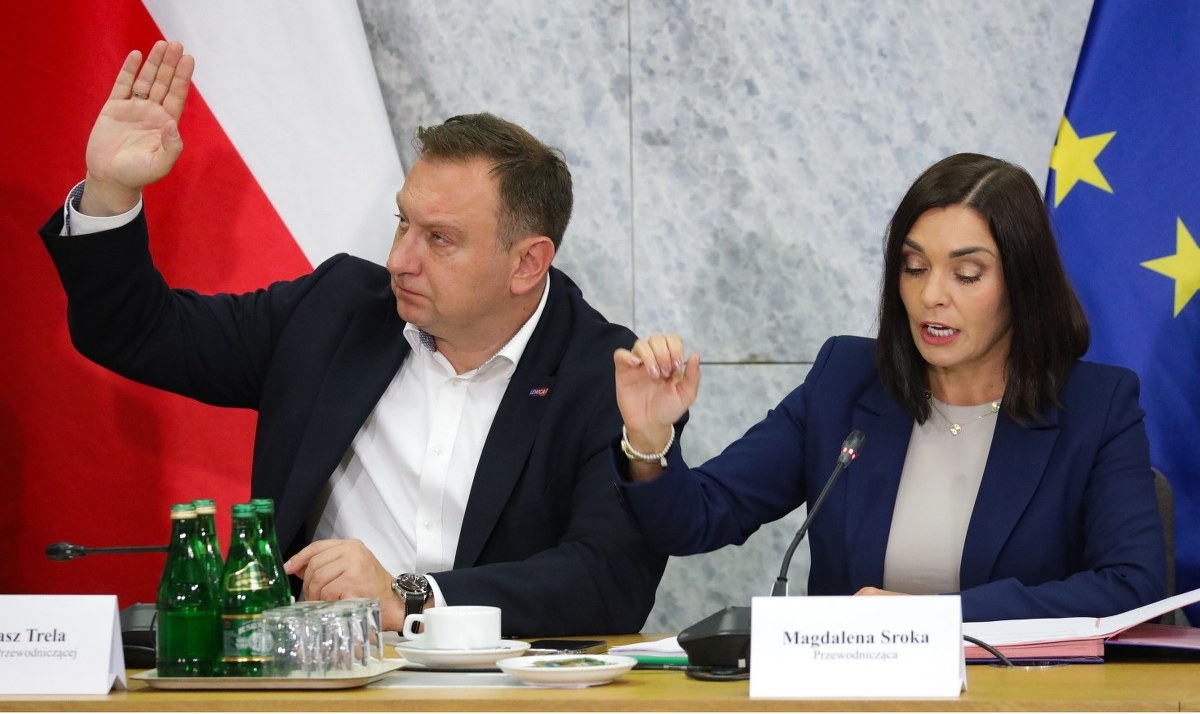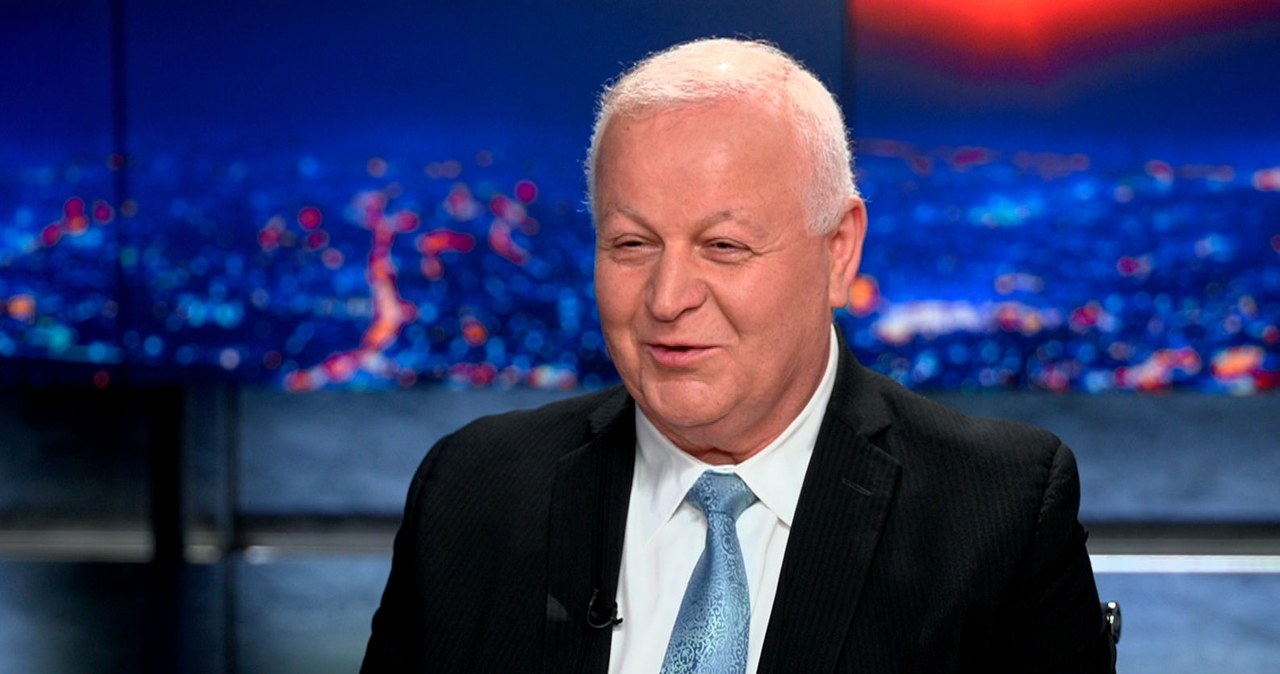Millions of borrowers were dealt a bitter blow as soaring inflation shattered hopes of interest rate cuts for the rest of 2025. Consumer price inflation surged to 3.8 per cent in July, up from 3.6 per cent in June, marking an 18-month high that exceeded economist forecasts of 3.7 per cent.
The figures mean prices in Britain are rising faster than anywhere else in the G7 group of advanced economies. Markets are now betting that rates will remain unchanged for the remainder of the year, with traders seeing near-zero chance of a cut next month.
Rate cut hopes evaporate
There is just a one-in-four likelihood that the Bank of England will reduce rates in November, with a 56 per cent probability of rates being held in December. This means borrowers are likely to have to wait until February 2026 for any relief from the current 4 per cent base rate.
The Bank cut rates last month by the narrowest of margins and has warned inflation will continue rising to 4 per cent by year-end. Services sector inflation jumped from 4.7 per cent to 5 per cent in July, a metric the Bank of England watches closely.
Inflation drivers surge
Higher air fares, fuel and food prices drove the inflation surge, with transport costs being the largest contributor. Only the Daily Star reports that air fares soared 30.2 per cent between June and July, the biggest monthly jump since data collection began in 2001.
Food inflation increased from 4.5 per cent to 4.9 per cent, marking the fourth consecutive monthly increase. Only the Telegraph reports that beef prices surged 25 per cent, the largest annual increase since comparable data began a decade ago.
Political pressure mounts
The inflation surge piles pressure on Bank of England governor Andrew Bailey, who is tasked with keeping inflation at the 2 per cent target. It also represents a significant blow to Chancellor Rachel Reeves, whose economic stewardship has seen growth slow and unemployment rise by more than 200,000 since Labour took power.
Experts blamed the Chancellor's £25 billion employer National Insurance raid and sharp minimum wage increases for driving inflation as firms pass higher costs to consumers. UK borrowing costs have risen in recent days, with yields on 30-year gilts hitting their highest level since 1998 earlier this week.
Market impact on mortgages
Fixed-rate mortgage borrowers who have been enjoying falling rates could see that trend slow or even reverse. David Hollingworth from L&C Mortgages said: "Mortgage borrowers have been enjoying a market where rates have been dropping. Fixed rates have been pricing in the recent and future cuts, so have been edging down with a host of deals now below 4 per cent."
He warned that rate reductions "have tended to come in small increments, but we could see that slow further or even reverse in some cases if the market reacts badly to the threat of higher inflation than was previously expected."
Elliott Jordan-Doak from Pantheon Macroeconomics said: "Inflation is set to stay miles above target for the foreseeable future. We expect headline inflation to remain above 3 per cent until April 2026, forcing the MPC to stay on hold for the rest of this year at least."
Sources used: "Daily Mail", "Telegraph", "Daily Star", "Channel4" Note: This article has been edited with the help of Artificial Intelligence.











